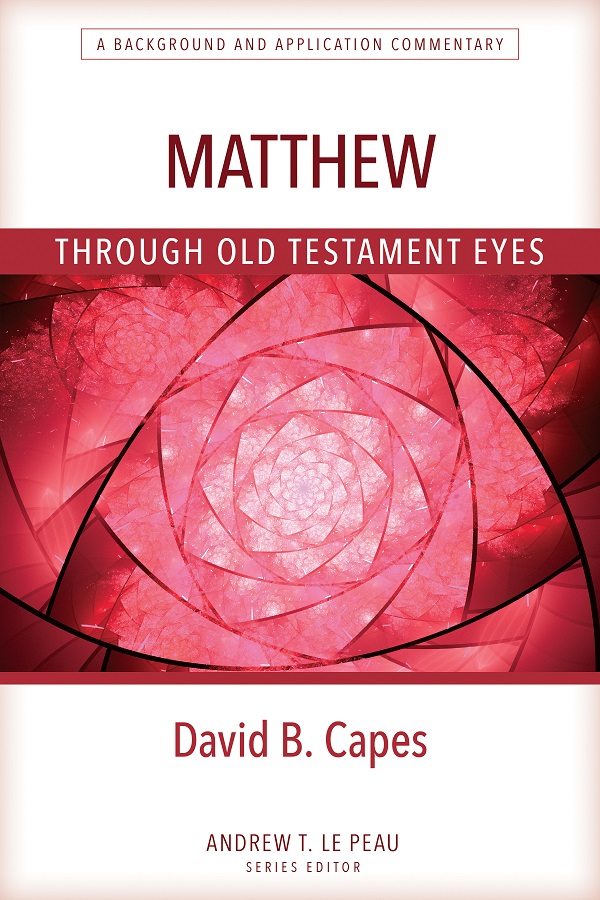Rather than a book review this time, I would like to hit a rundown of some of the things I am currently reading. I would not automatically endorse everything in all of these...but they should be useful reading anyway!
Fiction:
1. I'm rereading Timothy Zahn's Thrawn and Thrawn: Ascendancy trilogies during wind-down time in the evening. It's a good relaxation moment.
2. Before that I read the Michael Crichton/James Patterson work Eruption. It's not as awesome as Jurassic Park, but it's still good :)
Non-Fiction Devotional:
1. I'm working through Dallas Willard's Renovation of the Heart and the accompanying work by Jan Johnson Renovation of the Heart in Daily Practice. Thought-provoking.
2. Ryan Holiday's latest in the Stoic Virtues series: Right Thing, Right Now. I like this series, even though I might not always agree with all of Holiday's philosophical ideas, this is a good series.
3. Jesus Every Day: A Journey through the Bible in One Year by Mary DeMuth, which is a great opener with a short Bible passage and devotional.
Non-Fiction Learning:
1. The Battle of Brandy Station which is about the largest cavalry battle in North America. It occurred in the Civil War, shortly before the Battle of Gettysburg. It's by Eric J. Wittenberg, who also wrote a good book about John Buford during Gettysburg.
2. Ownership: The Evangelical Legacy of Slavery in Edwards, Wesley, and Whitfield by Sean McGever. Why? because.
That's the current spread of reading outside of the dissertation work.
Doug

